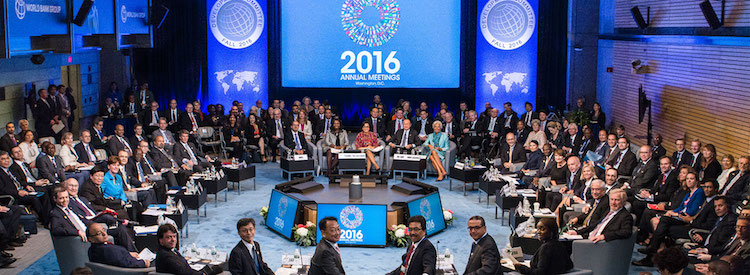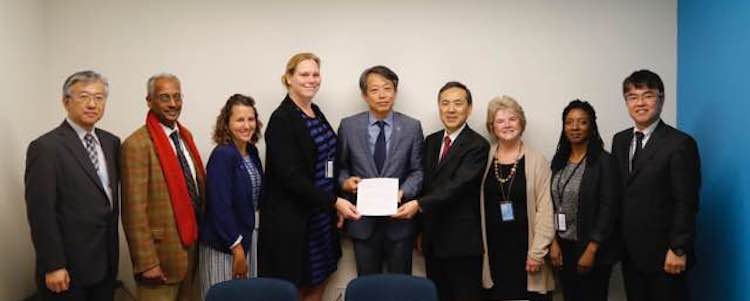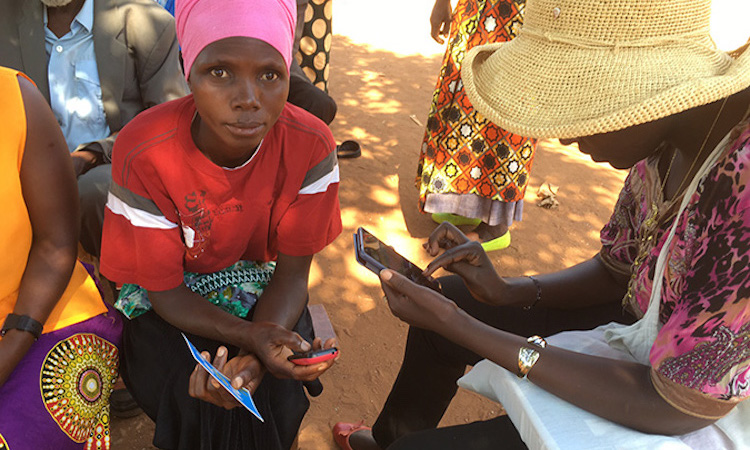Viewpoint by Martin Khor*
GENEVA (IDN | South Centre) – Debt worldwide has grown to unprecedentedly high levels and has to be brought down to prevent another financial crisis. The International Monetary Fund (IMF) at its annual meeting in Washington October 7-9 highlighted this.
Other problems facing the global economy include the stagnation in world trade, a decline in commodity prices, and the reversal of capital flows to developing countries.
A recently-released United Nations report has analysed the situation as a third phase in the global crisis that began with the United States in 2008, then spread in a second wave to Europe, and is now moving on to the developing countries.











